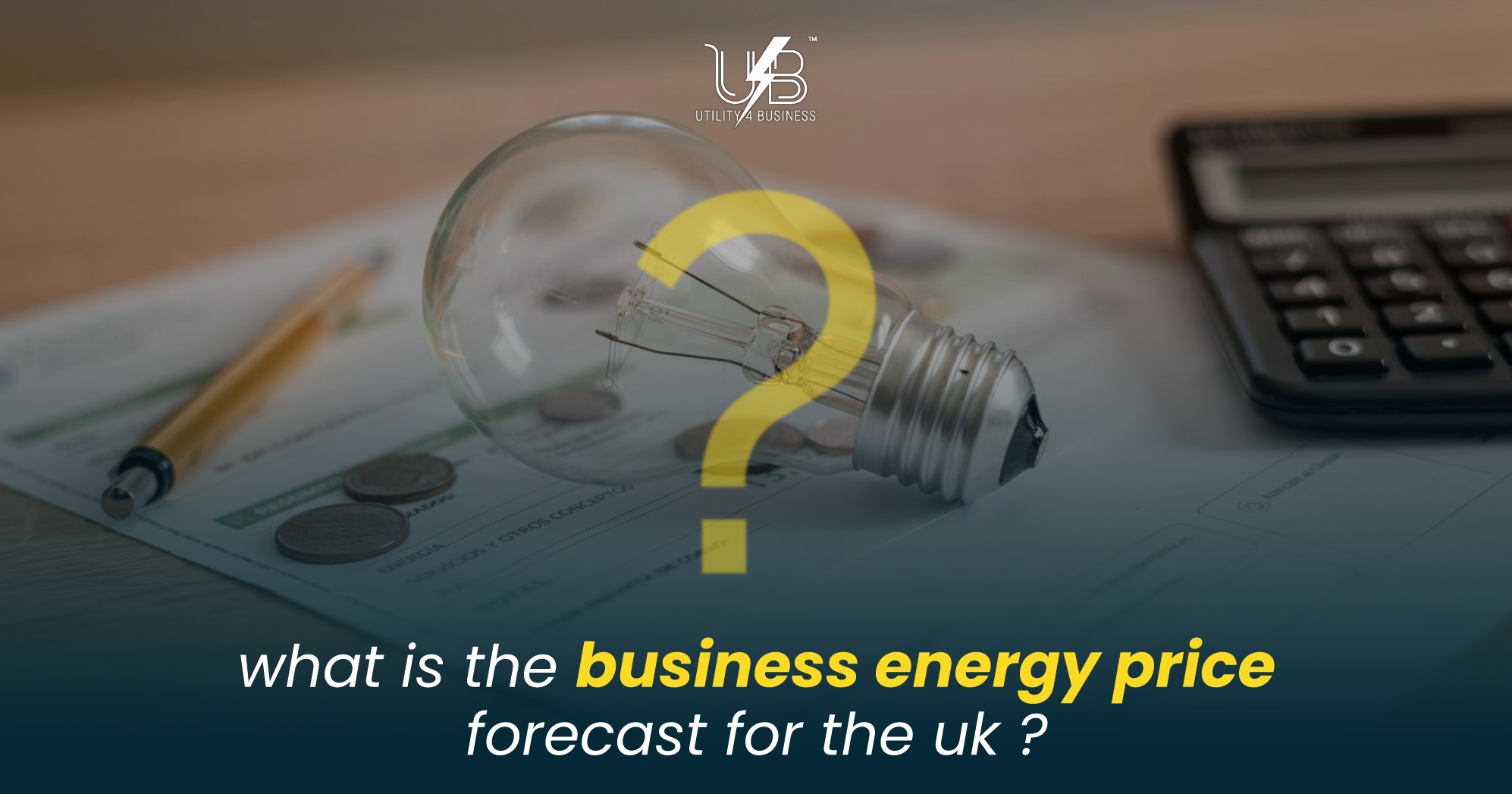What is the business energy price forecast for the UK?
Energy Prices: What You Need to Know

Have you noticed your energy bills creeping higher even after the worst of the crisis seemed to ease? In the UK, business energy costs remain about 70% above pre-2021 levels, with a typical small company facing an average annual electricity bill of £13,264 by April 2025—up from £7,000–£8,000 before the crunch.
Q1 2025 saw prices peak in January, ease in February, then drop again in March thanks to mild weather and stronger LNG imports. Yet regional gaps persist: London pays around 27.3 p/kWh, while North Wales, Merseyside and Cheshire top 30.8 p/kWh.
Small firms now pay 6.0 p/kWh for gas, midsize 5.5 p/kWh, and large users 5.3 p/kWh. With 89% of businesses upping energy use last year, it’s smart to explore a business electricity comparison and lock in fixed deals before summer volatility hits again.
Current State of UK Business Energy Prices
Recent Trends in Wholesale Energy Prices
Since the energy shock of 2021, wholesale electricity and gas have swung wildly. The 2022 peak came when geopolitical events, like the Russia-Ukraine conflict, sent prices sky high. In 2023, prices eased off, but by early 2025, they crept up again. Today, the average wholesale electricity price sits at about £90.21 per megawatt-hour, while gas hovers around 77.25 pence per therm.
Impact on Businesses
Unlike households, businesses don’t get a price cap, so they feel every twist in the market. A recent survey found 92% of firms plan to raise their prices because of energy cost swings. Small companies face the biggest squeeze. Before the crisis, many paid around £7,000 a year for electricity. At the 2022 peak, that shot up to nearly £20,000. Even now, annual bills remain about 70% above pre-2021 levels.
Factors Influencing Business Energy Price Forecasts
Geopolitical and Economic Factors
Global politics still steer energy costs. Talks over U.S. tariffs could alter oil and gas flows worldwide. Progress—or delays—in Russia-Ukraine peace efforts will affect gas supplies into Europe. Meanwhile, Brexit-driven rules keep changing how the UK imports energy. All of these factors add to price uncertainty.
Market Fundamentals
Europe’s gas stores stand at roughly 38.4% full. Some operators want to lower storage targets from 90% to 80% to cut costs. On the weather front, mild conditions have eased demand, but calm winds forced more gas into power generation. Inflation and higher interest rates push up costs across the supply chain, from drilling rigs to delivery trucks.
Transition to Renewables
The UK has pledged hundreds of millions for offshore wind, and green energy costs keep falling. As renewable capacity grows, it may tame price spikes in the long run. Still, wind and solar can’t cover every peak demand, so gas remains a major player until net-zero goals kick in.
Short-Term Forecast for 2025
Electricity and Gas Price Projections
Most experts expect electricity prices to climb 8–12% in 2025. Gas could rise 5–15%, depending on how stable global markets stay. Early contracts for summer 2025 to 2027 already show about a 1.3% increase. That hike reflects leftover effects of a cold 2024–25 winter and thinner gas reserves.
Analyst Predictions
Cornwall Insight predicts that business energy costs will stay around 70% above pre-2021 levels, with small bumps ahead as standing charges grow. UtilityKing urges companies to lock in fixed-rate deals now, so they avoid steeper bills if wholesale prices jump again.
Long-Term Outlook (2026–2030)
Wholesale energy prices will likely stay higher than before 2020. Even by 2031, they may run about 10% above the late 2010s average after adjusting for inflation. Europe will still lean on gas imports, keeping the UK exposed to world markets. Yet big new projects—like Great British Energy’s plans—aim to boost homegrown power. If the UK hits its net-zero targets, more businesses will tap renewable tariffs, which may help ease bills over time.
Strategies for Businesses to Mitigate Rising Costs
Energy Efficiency Measures
Small fixes can yield big savings. Swap old bulbs for LEDS, install smart meters, and upgrade to efficient machinery. Companies with an EPC rating of C or better report lower bills; in 2024, about 34.9% of UK business sites hit that benchmark.
Tariff and Contract Options
You can choose fixed-rate plans for budget certainty or variable deals if you think prices might dip. Regular business electricity comparison across suppliers may cut costs by up to 40%.
Renewable Energy Adoption
Look into green tariffs that match your net-zero goals. Government grants and tax breaks often make solar, wind, or biogas installations more affordable. Over time, paying upfront for renewables can shield you from future price swings.
Conclusion
Energy prices will edge up in 2025 and stay elevated through the decade. By boosting efficiency, picking the right contracts, and exploring renewables, your business can manage higher costs. Keep an eye on market trends and use expert tools to secure the best deals.
Visit Utility4Business today for a tailored business electricity comparison and lock in a competitive rate that protects your bottom line.
Find This Article Helpful? Share It Now!
At Utility4Business, we offer top-notch customer support and business utility solutions for businesses across the UK. Consider sharing this article and helping others discover how our expertise can add value to their business success.

Read Our Latest Posts
Explore our latest blog posts and learn how Utility4Business can support your business growth with tailored utility solutions and services. Stay ahead of the curve with the latest information from industry experts and take advantage of our user-friendly comparison services to find the best business deals.


Get Connected
At Utility4Business, our team of experts can help you figure out the highest-value business utility deals that will help your business grow over time.


